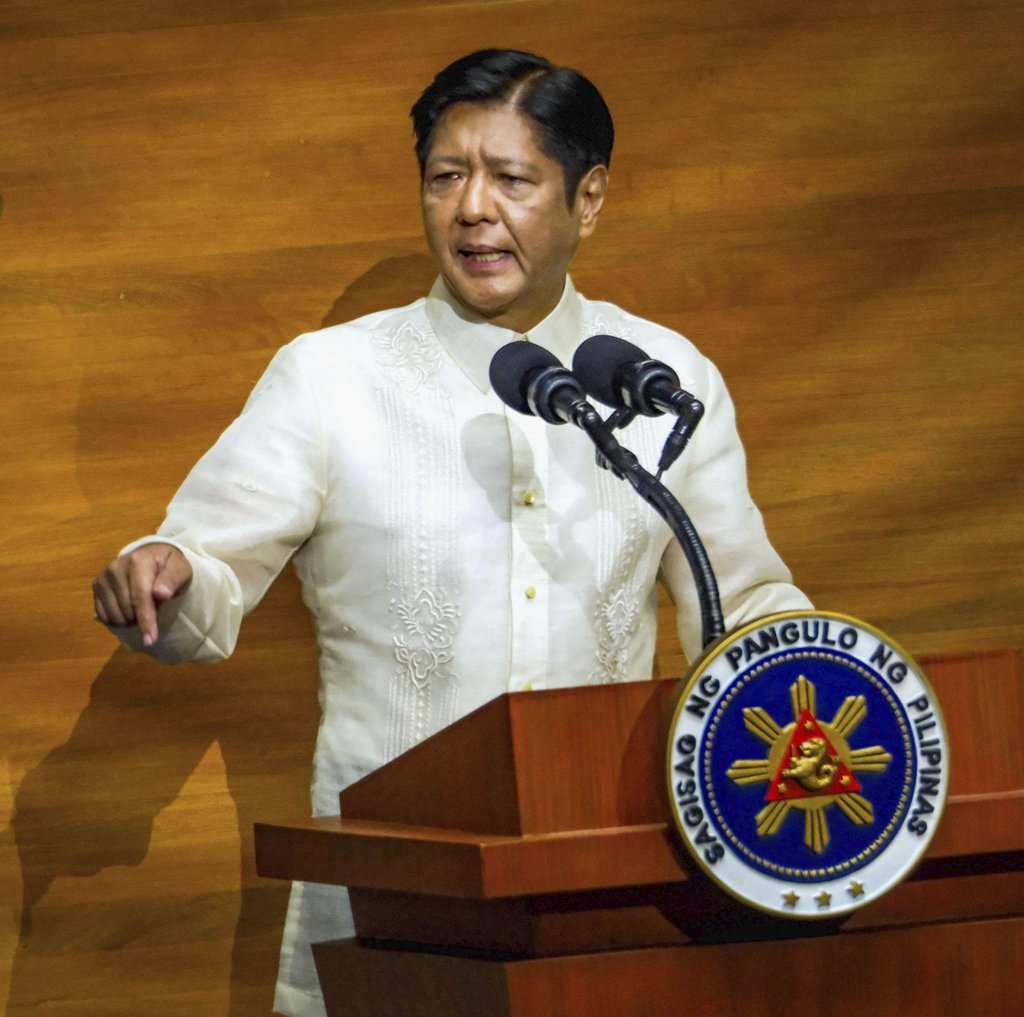South China Sea, offshore gaming may be ‘rally-around-flag’ issues for Philippine election
The Philippines and China are locked in a months-long territorial dispute in the South China Sea, with clashes between vessels from both sides becoming increasingly violent.

A June survey by Philippine NGO Social Weather Stations showed that 72 per cent of respondents believed controlling inflation remained an urgent issue, while 44 per cent wanted the government to focus on increasing workers’ pay.
Meanwhile, 5 per cent of respondents said defending the integrity of Philippine territory against foreigners was of urgent national concern – with 48 per cent approving the government’s response to the issue while 18 per cent disapproved, and 34 per cent were undecided.

“Where the disinformation comes in is to say only a few people care about the West Philippine Sea. That is absolutely not true,” Heydarian however argued.
He added that Manila’s defence posture on the West Philippine Sea might resonate more with the public if the Marcos government packaged it within a larger narrative of other issues.
“If you embed it or nest it in a bigger narrative about corruption, crime, treason ... I think the West Philippine Sea issue can be a more politically potent point, not only in the coming elections, but also for the administration,” he said.
Alma Salvador, a political science professor at the Ateneo de Manila University, echoed the sentiment, saying: “If all candidates both at the national and subnational levels are able to convert the hard security issue that is at the centre of our discussion in the West Philippine Sea into gut-level concerns of food, energy, and cybersecurity … then I think this will be the way by which foreign policy narratives will occupy the preferences of our electorate.”
Political analyst and president of polling firm WR Numero Cleve Arguelles told This Week in Asia that Marcos Jnr was likely to benefit from a “rally-around-the-flag effect”.
He added that the administration might also use such issues to gain electoral support over former president Rodrigo Duterte’s camp in the midterm polls. The former Philippine leader is known for his pro-China stance.
“I expect [Marcos] to force the Dutertes to publicly defend their unpopular policy position on the West Philippine Sea and Pogos. The assumption is that this may make them and their allies lose electoral support,” Arguelles said.
In WR Numero’s April survey, nearly 75 per cent of Filipinos believed that the government should focus on resolving domestic issues rather than actively participate in international matters, while only 25 per cent felt that being actively involved in global issues benefited the country.
“What is also important to note is that it still remains to be seen whether voters will completely forego the ‘fish-and-rice’ issues as their top considerations ... But Marcos Jr, as president, exercises the most important of many presidential powers: the power to influence and convince the people,” Arguelles said.
The analyst likened the case to Duterte’s “war against drugs” platform which only gained steam during his 2016 presidential campaign despite it initially polling lower as a priority for voters.
“It is a tantamount challenge on how to make these issues of Pogos and the West Philippine Sea a positive campaign issue for the administration and other opposition candidates who share the [views] of being against Pogos and protecting the West Philippine Sea,” Dionisio said.

He also stressed that Pogos would be a hot-button topic not only for the controversies surrounding the sector, but because of intricacies that might be embedded in the Philippines’ system of patronage politics.
“Pogo money is indeed immense and can really influence local elections and can even [be used to] finance national candidates … if Pogo money will continue to circulate from now up to May 2025, people will tend to vote Pogo-financed candidates from local to the national level [as a result of those vast resources],” Dionisio said.
On Monday, Marcos Jnr announced that Pogos were banned “effective immediately” and gave authorities until the end of the year to shut down the operations.
Yet only 43 firms carry a licence issued by the Philippine Amusement and Gaming Corporation, with more than 300 illegal Pogo hubs suspected across the country. Observers say that these secretly operating hubs may already have continuity efforts to go further underground.
Dionisio said officials should already have a comprehensive and long-term communication plan across various media platforms to make the public understand the implications of such issues, penetrating “not only people from key cities and provinces but down to the barangay (village) level”.
Heydarian said dovetailing the West Philippine Sea and Pogos issues presented a challenge and opportunity for the Marcos administration, including the chance to address concerns such as “crime, fake mayors, espionage, all sorts of national security threats, [as well as the element] of economic security and food security”.